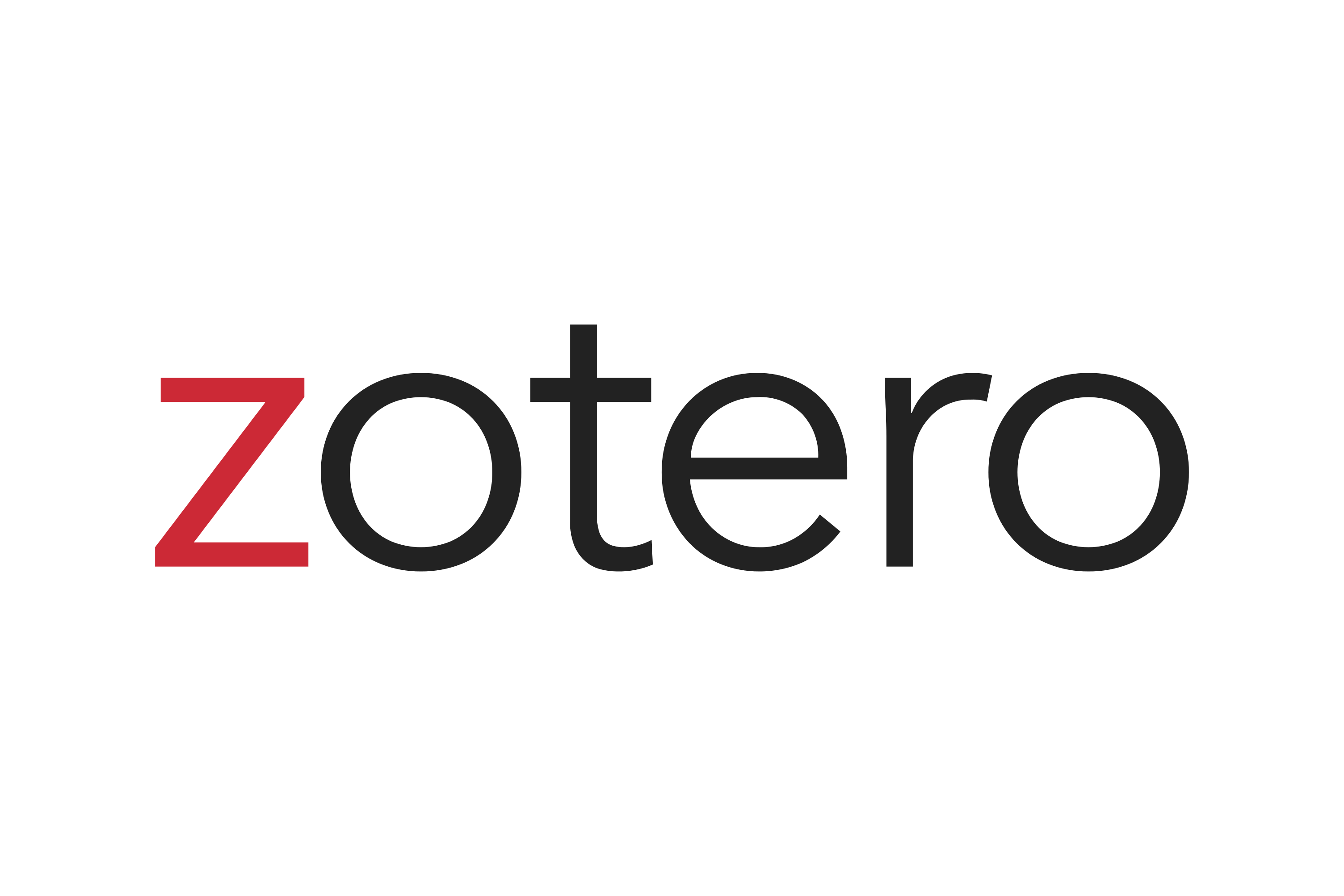Demonstrasi Sebagai Metode Pesan Al-Qur’an
DOI:
https://doi.org/10.32678/alfath.v5i1.3248Keywords:
al-Qur'an, Metode, DemonstrasiAbstract
Al-Qur'an sebagai firman Tuhan untuk umat manusia, mempunyai metode tersendiri dalam pengungkapan pesan-pesannya. Diantara metode pesan al-Qur'an adalah berbentuk demonstrasi. Kata ini diambil dari bahasa Inggris demonstrate, artinya secara bahasa bermakna mempertunjukkan, memamerkan, atau menampilkan. Hal ini dimaksudkan menyatakan suatu gagasan dengan bentuk penampilannya secara teratur untuk membuktikan kepada khalayak tentang suatu kehendak, baik secara lisan maupun tulisan.
Prinsip-prinsip metodologis gagasan Qur’ani di antaranya bersifat rasionalitas, mempunya aspek humanism, adanya keluasan potensi manusia, serta memandang aspek kemashlahatan dan sosietisme. Adapun yang termasuk karakteristik gaya pengungkapan al-Qur'an yaitu: mengandung arti lahir dan batin, menampilkan dengan pemaparan yang persuasif, adanya unssur motivasi untuk meneliti dan berfikir, pengungkapannya terkadang membuang kalimat muta’alliq untuk menghasilkan pengertian yang lebih umum, dan mengandung kaitan dengan hukum kausalitas.
Downloads
Downloads
Published
How to Cite
Issue
Section
License
Copyright Notice

Al-Fath: http://jurnal.uinbanten.ac.id/ is licensed under a Creative Commons Attribution-ShareAlike 4.0 International License
An author who publishes in Al-Fath agrees to the following terms:
- Author retains the copyright and grants the journal the right of first publication of the work simultaneously licensed under the Creative Commons Attribution-ShareAlike 4.0 License that allows others to share the work with an acknowledgment of the work's authorship and initial publication in this journal
- Author is able to enter into separate, additional contractual arrangements for the non-exclusive distribution of the journal's published version of the work (e.g., post it to an institutional repository or publish it in a book) with the acknowledgment of its initial publication in this journal.
- Author is permitted and encouraged to post his/her work online (e.g., in institutional repositories or on their website) prior to and during the submission process, as it can lead to productive exchanges, as well as earlier and greater citation of the published work (See The Effect of Open Access).
Privacy Statement
The names and email addresses entered in this journal site will be used exclusively for the stated purposes of this journal and will not be made available for any other purpose or to any other party.










